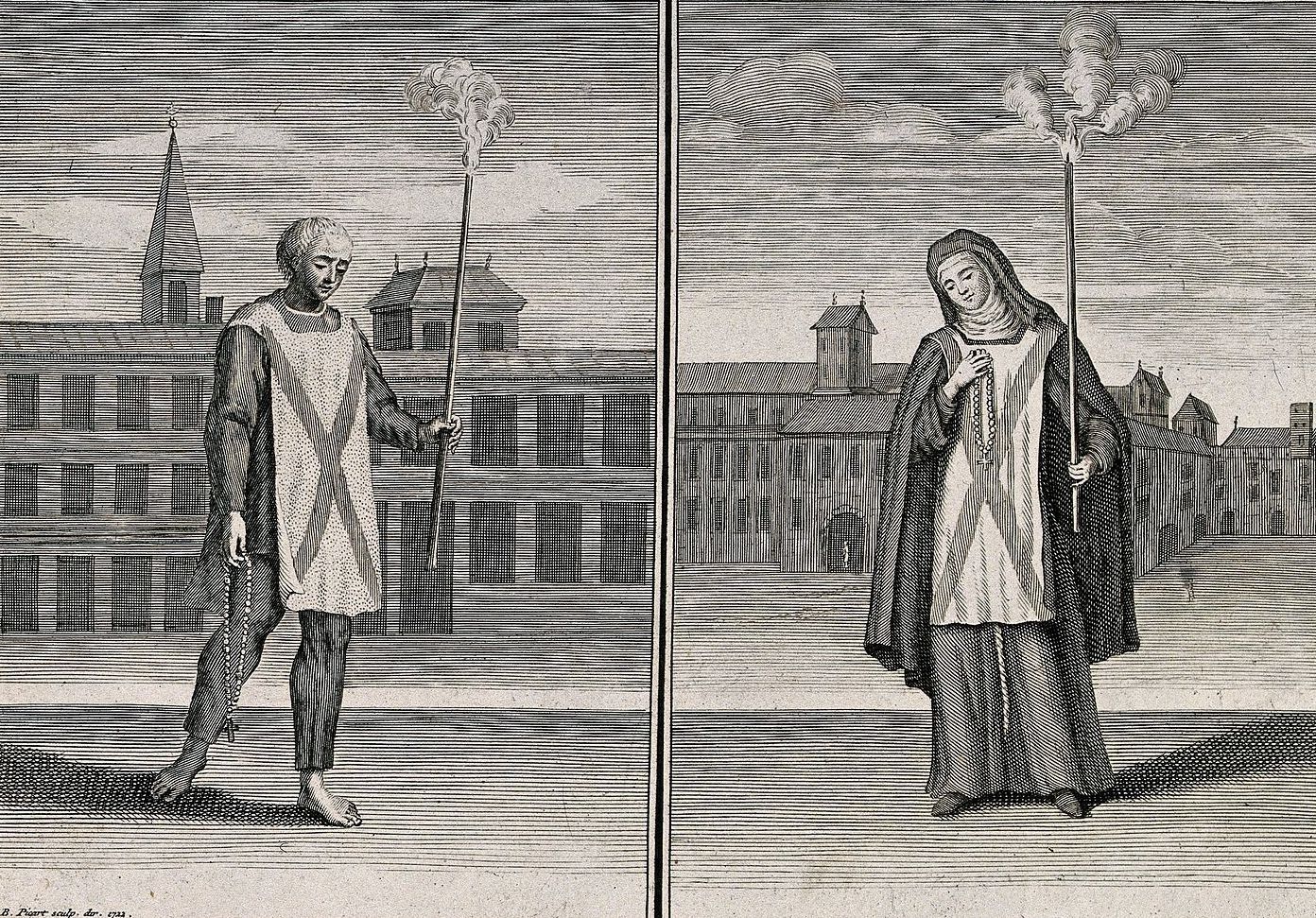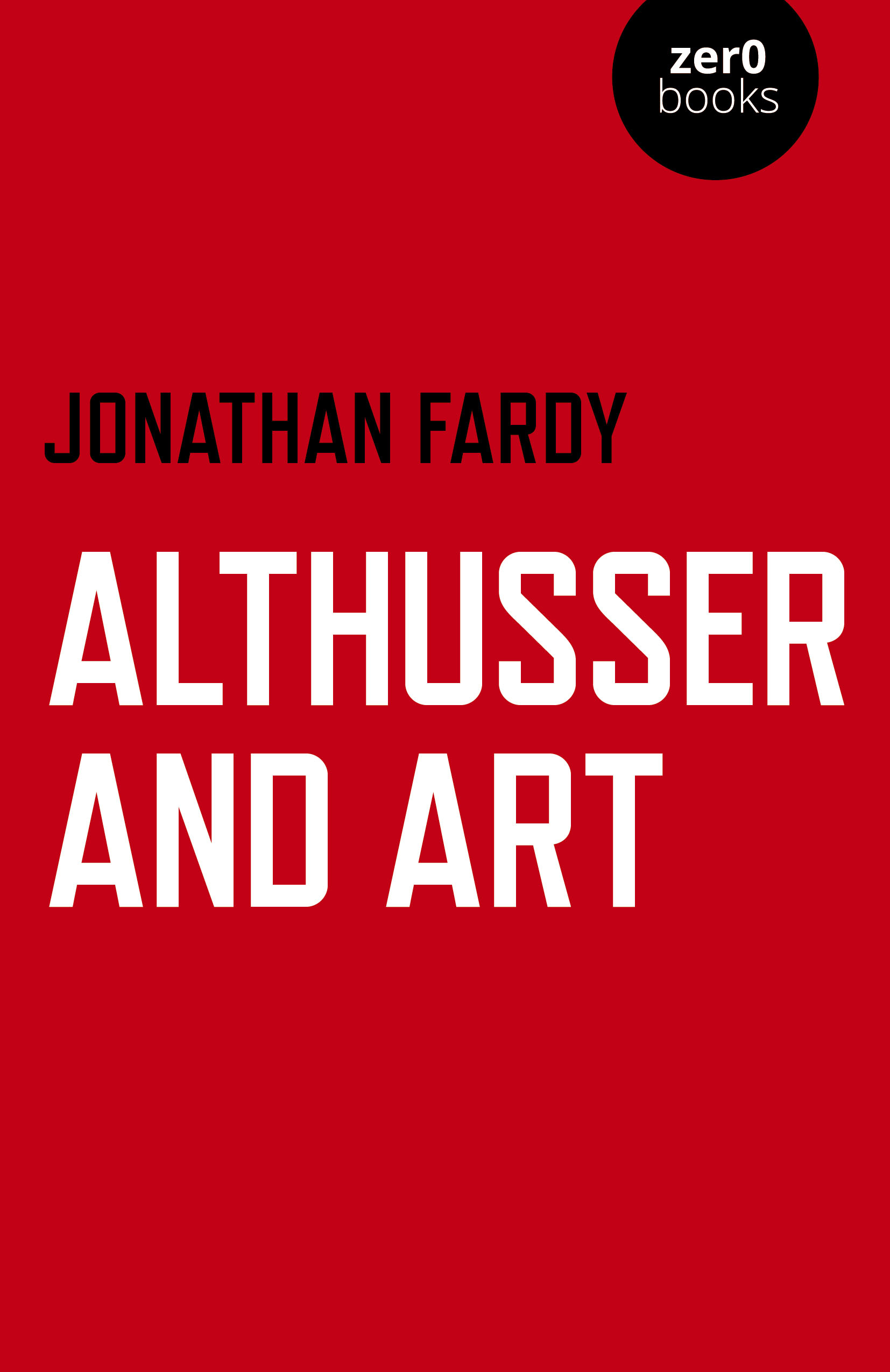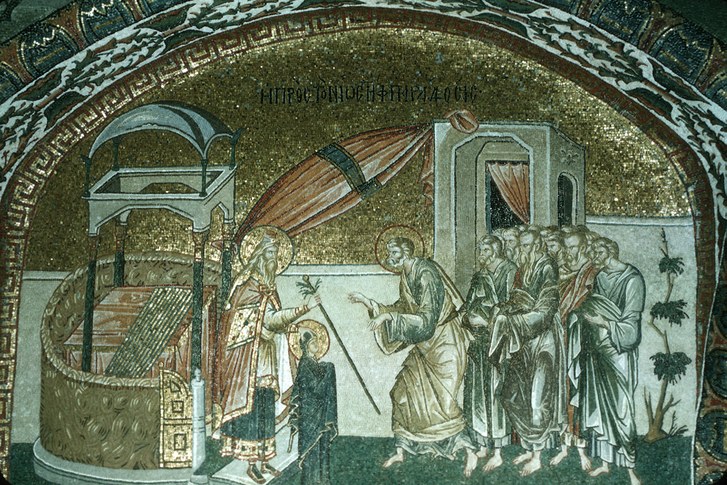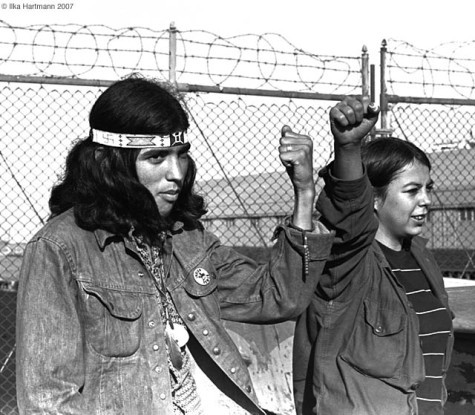The following article is the third of a three-part-series. The first installment can be found here, the second here. The full article can be found in The New Polis Journal.


CRITICAL THEORY | SOCIAL ANALYSIS | POLITICAL PHILOSOPHY AND THEOLOGY

The following article is the third of a three-part-series. The first installment can be found here, the second here. The full article can be found in The New Polis Journal.

The following article is the second of a three-part-series. The first installment can be found here. The full article can be found in The New Polis Journal. Wynter’s Engagement with

The following article consists in a three-part-series. The full article can be found in The New Polis Journal. “The density of History determines none of my acts”-Frantz Fanon, Black Skin,

We have all built up walls, established boundaries, “Do Not Merge” lanes, rules and regulations that we set our lives up according to. We do this because the aspects of

Participants are invited to join us live in the ninth of a monthly series of “Critical Conversations” (Zoom webinars) with eminent scholars from around the globe. You may sign up

Participants are invited to join us live in the eighth of a monthly series of “Critical Conversations” (Zoom webinars) with eminent scholars from around the globe. If you are interested in

The following is the video and transcript of the second “Critical Conversation”, a monthly Zoom seminar with advance registration sponsored by The New Polis and Whitestone Publications and involving international scholars. The

Participants are invited to join us live in the third of a monthly series of “Critical Conversations” (Zoom webinars) with eminent scholars from around the globe. If you are interested in

Neil Jordan’s film Byzantium (2012), which tells the story of a pair of mother/daughter vampires on the run from a male-only secret society of vampires known as Brotherhood, has been widely read

In my previous post, I discussed some of the parodic qualities by which the notion of madness occurred in the generation following Horkheimer and Adorno’s Dialectic of Enlightenment. Many readers